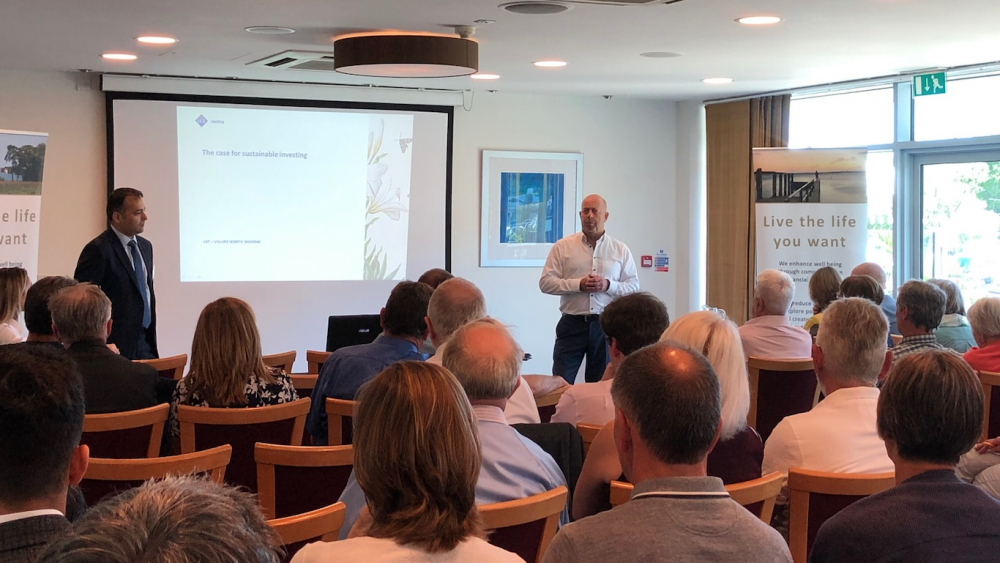Speaking to a whole raft of people after various events in 2019 has reinforced my views that our biases influence what we hear.
Of course, this is very evident in politics at the moment!
I was fortunate enough to be invited to the British Chamber of Commerce Conference earlier in the year, representing the Dorset Chamber of Commerce. Many MPs and some cabinet members addressed the delegation. This was just prior to the so-called deadline for Brexit. When talking to fellow attendees afterwards, it struck me how differently some people interpreted what we heard (from other Chambers I hasten to add). It doesn’t make me right and others wrong, obviously, but clearly we focused strongly on what we wanted to hear.
Yet it’s not just in commerce and politics where this is evident. How many times have you watched a match (football, rugby, cricket, hockey etc) and found that you have a different take on what just happened compared to the person next to you – someone who you believed to be perfectly rational? Of course, I always think my team Everton are wonderful… if only!!!
On the business front, Blue Sky held a seminar back in May to discuss views on the economic climate, both at home and abroad, and the likely response of various asset classes to the current uncertainty. The few months since the seminar have allowed me to catch up with a few people about what they heard. It is clear that there were variances of interpretation which in some cases, have led to a potentially different view of opportunities and fears. I thought the takeaways were very clear, but it just goes to show.
We even see it in our own investment committee here at Blue Sky, which is why it is so important to challenge each other on our respective thinking. It’s important to never assume that everyone is on the same wavelength. It’s always worth checking and double checking. Recording our views and the agreed actions is fundamental to improving the probabilities of successful outcomes.
Occasionally we see it when undertaking financial planning with clients. We tell them that they are going to be fine and are highly unlikely to ever run out of money, no matter what. They don’t always hear it, don’t always believe it, as what they hear are their pre-conceived views. They hear doubt and negative self-talk. That’s why we record part of our planning sessions and send videos reinforcing what we spoke about.
Doing nothing can be extremely taxing! So, don’t let inertia cost you money!
I suppose it’s inevitable that we are a product of our experiences but equally, it’s important not to let pre-conceived ideas limit our thinking or horizons.
Best wishes
Gary
Gary Neild B.Sc.Hons. DipIP PFA
Managing Director


